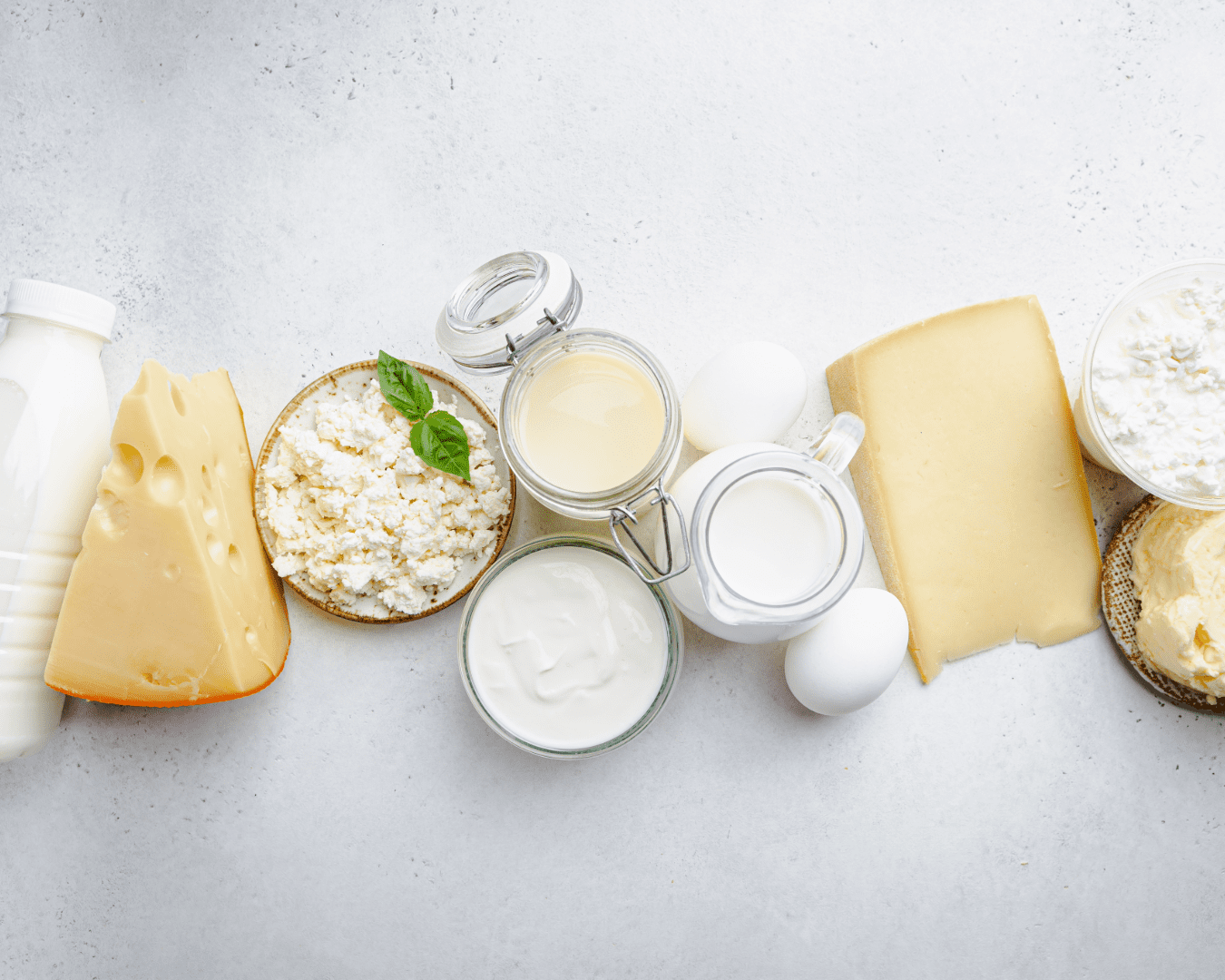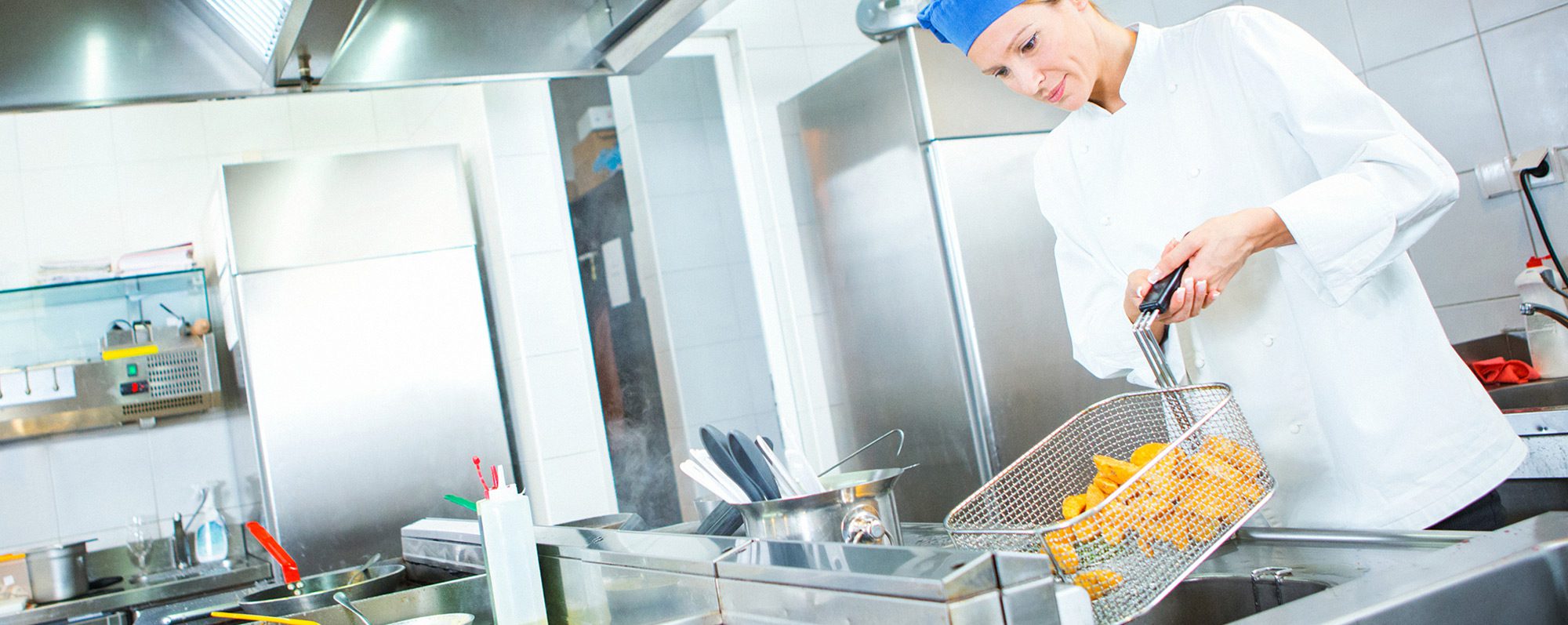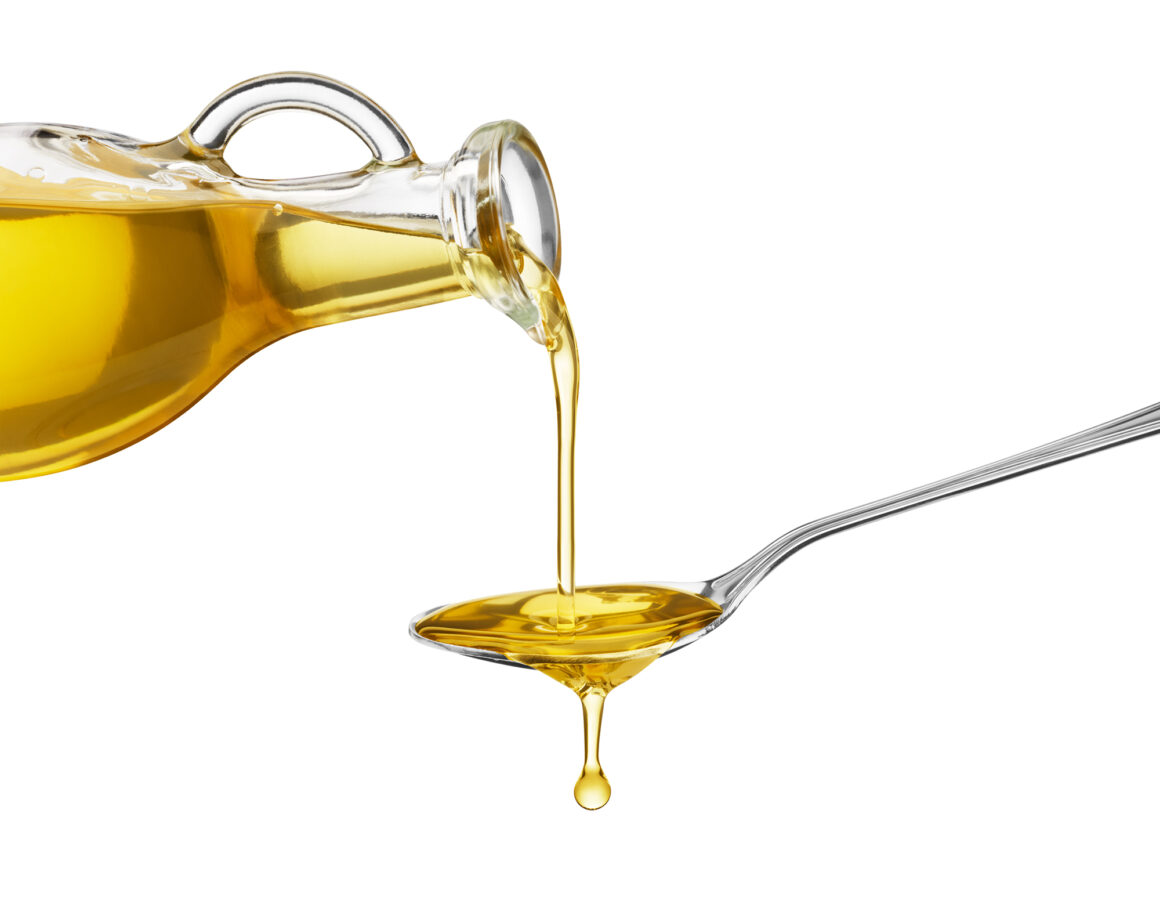

When it comes to choosing oils for your kitchen, the key to increasing revenue and taste is quality and convenience, says Jeff Poulo, national sales director for Saporito Foods.
The company is a leading supplier of high quality canola, corn, sunflower and vegetable oils, imported olive and blended oils, shortenings, margarines and zero trans-fat high-performance frying oils to retail, foodservice and export markets.
“Quality and convenience are the most important factors to consider when choosing an oil to use and cook with. Whether you are cooking at home for your family, or you’re a chef in a busy restaurant cooking hundreds of meals, you want an easy to use, great tasting, high-quality oil,” says Poulo.
Oil performance and options
When it comes to High-Performance (HP) oils, Poulo says his company’s oils come at a slightly higher price point but provide better performance, which translates into better value. Specifically, HP oils last longer in the fryer, reducing cost per use and have less oil retention in food and less flavour transfer from one item to another.
Operators should be aware that olive oil has been affected by crop disease and production losses over the past two seasons, significantly reducing supply and causing a substantial increase in price. This has “led to an influx of poor quality, expensive, misrepresented products,” says Poulo. He advises operators to ask their suppliers how this has impacted their products.
Saporito Foods has a stringent quality control protocol in place with its European vendors to ensure the highest quality olive oil is delivered each and every time.
Here are some tips to help you get the best value and flavour from your oil:
Don’t be fooled by the lowest-cost options:
There are a variety of choices in the marketplace, ranging from regular salad cooking oils and specially-handled oils to high-performance frying oils. This can make it difficult and confusing when trying to choose an oil, so price becomes the deciding factor. But the lowest priced oil may not be the best choice for your application or the most cost-effective solution.
Crunch the numbers:
With deep frying you may have a choice between one 16L container of oil at $20 and another type of oil priced at $18 — a 10 per cent savings. But, depending on the brand, quality and application, this may only be a perceived savings before the kitchen actually consumes the oil.
As a simple example, if the pricier oil is a higher quality product, and lasts four days in the fryer instead of three (as the lower-priced oil may), then there’s an immediate and identifiable savings of 25 per cent on a $20 outlay, dramatically reducing cost per use.
Also, if the higher-priced oil has even as little as two per cent better oil retention level (the amount of oil that remains in the food) that’s a savings of $0.40 per 16L.
One extra day in the fryer, or 25 per cent better performance on a $20 item = a $5 savings per 16L.
Two per cent less consumption due to better oil retention on a $20.00 item = $0.40 savings per 16L.
Bottom line?
The lower-priced oil can actually end up costing much more than initially anticipated. The lower-priced oil can cost your kitchen $24 per 16L ($18+$5+$0.40) rather than $20.
These are potentially sobering numbers for any restaurant operator and shows why outcome versus output of initial cash should be considered when making any purchasing decision for your kitchen, particularly when it comes to oils.

Dos and don’ts of fryer maintenance
- Never refill a wet fryer since water causes oil to break down more quickly.
- Don’t fill baskets over your fryer to prevent food particles from contaminating the oil.
- Never season products over fryer as spices can break down your oil.
- Do not put seasoned, fried product back into fryer.
- Do not overfill fryer baskets or shake baskets during frying.
- Skim off food particles regularly.
- Filter your oil regularly to realize the full value of better quality oils.


